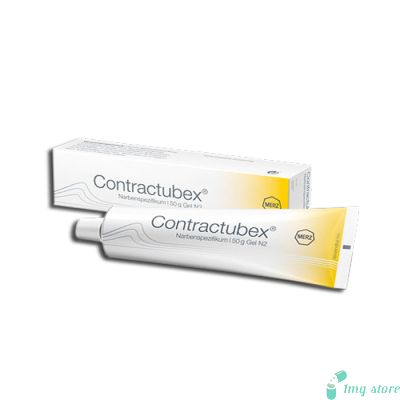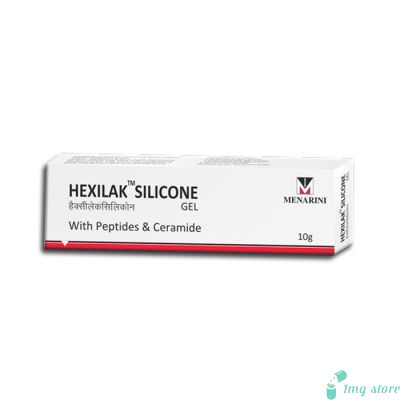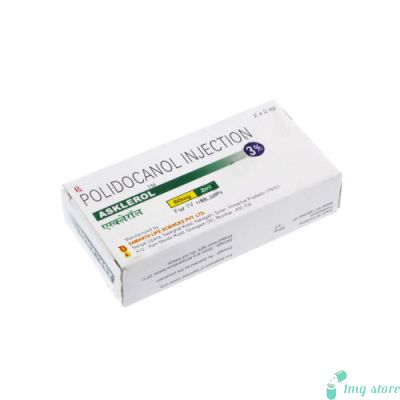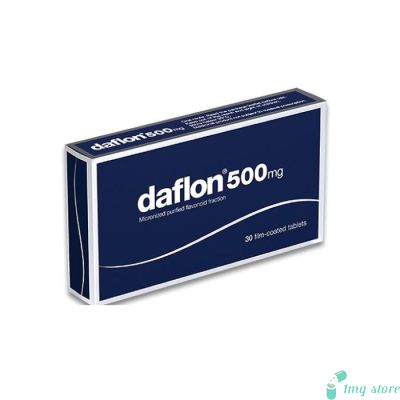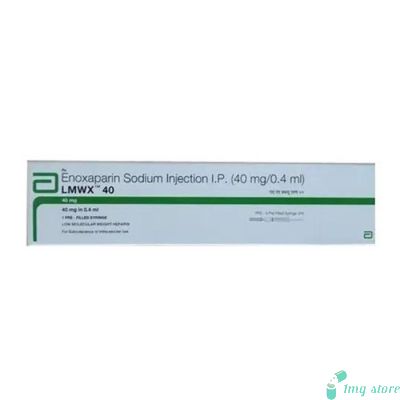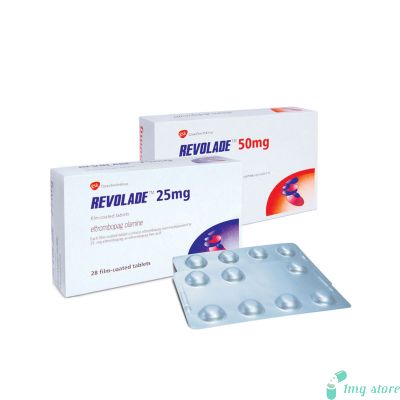Thrombophob Gel (Heparin Sodium)
Buy Heparin Sodium Gel, along with its various formulations such as Thrombophob, Lipo-Hepin, Liquaemin, and Panheprin, is a pharmaceutical product widely used in the medical field. Heparin, a naturally occurring anticoagulant, is derived from animal tissues and has been harnessed for its potent antithrombotic properties.
Introduction of Thrombophob Gel (Heparin Sodium)
Heparin Sodium Gel, along with its various formulations such as Thrombophob, Lipo-Hepin, Liquaemin, and Panheprin, is a pharmaceutical product widely used in the medical field. Heparin, a naturally occurring anticoagulant, is derived from animal tissues and has been harnessed for its potent antithrombotic properties. These gels and formulations serve as valuable tools in preventing and treating conditions associated with blood clot formation. Heparin Sodium Topical Gel refers to the gel form of Heparin Sodium, a potent anticoagulant This comprehensive overview will delve into the dosage information, uses, potential side effects, precautions, and drug interactions associated with these products.
Heparin Dosage Information:
Heparin Sodium Gel: The recommended dosage of Heparin Sodium Gel may vary based on the specific condition being treated. Generally, a thin layer of gel is applied to the affected area two to three times daily. It is essential to follow the instructions provided by a healthcare professional and not exceed the prescribed dosage.
Heparin Gel Application:
Heparin Gel is typically applied externally to the affected area in a thin layer. Gently massaging the gel helps facilitate absorption. Care should be taken to avoid open wounds or broken skin. Following healthcare provider instructions and adhering to the recommended frequency ensures optimal results.
Missed Dose and Overdose:
If a dose of Heparin Sodium Gel, Thrombophob, Lipo-Hepin, Liquaemin, or Panheprin is missed, it is advisable to apply the missed dose as soon as remembered. However, if it is close to the time for the next scheduled dose, skipping the missed dose and adhering to the regular dosing schedule is recommended. Double doses should not be applied to compensate for a missed application.
Overdosing on Heparin Sodium Gel or its variants can lead to adverse effects. Symptoms of overdose may include excessive bleeding or bruising. In case of accidental ingestion or application of more than the recommended amount, seeking immediate medical attention is crucial.
Heparin Sodium Gel Price:
The price of Heparin Sodium Gel can vary depending on factors such as brand, formulation, and geographic location. Generally, generic versions might be more affordable compared to brand-name variants. Even you can explore the Heparin range of products at 1mgstore.com
Some of the precautionary measures to be taken while using Thrombophob Gel (Heparin Sodium)
- Individuals with a known hypersensitivity to Heparin/Liquaemin or any of its components should avoid using these products.
- Patients with bleeding disorders, active ulcers, or compromised skin conditions should exercise caution when using Heparin Sodium Gel or its variants.
- While there is limited evidence of harm during pregnancy or breastfeeding, consulting a healthcare provider before using these products is advisable.
- Heparin Sodium Gel and its derivatives may interact with other anticoagulants, antiplatelet agents, and medications that affect blood clotting. It is essential to inform the healthcare provider about all medications being used.
- The safety and efficacy of these products in pediatric populations have not been established. Consultation with a pediatrician is recommended before use in children.
Some of the specific indications for Liquaemin/Thrombophob Gel (Heparin Sodium) include
Heparin Sodium Gel: Heparin Sodium Gel is primarily indicated for the prevention of Blood Clot formation in conditions such as superficial thrombophlebitis, postoperative thrombosis, and varicose veins. It can also be used to reduce inflammation and pain associated with these conditions.
Heparin Sodium Gel Benefits:
Heparin Sodium Gel offers several benefits, primarily stemming from its anticoagulant and anti-inflammatory properties. It helps prevent blood clot formation, reduces pain and inflammation in conditions like thrombophlebitis, and aids in postoperative recovery. Its localized application minimizes systemic effects while targeting specific areas.
Crucial Side Effects to Be Observed When Using Thrombophob Gel (Heparin Sodium)
- Some common side effects associated with the use of Heparin Sodium Gel and its derivatives include local skin irritation, redness, itching, and a mild burning sensation at the application site.
- In rare cases, allergic reactions such as skin rash, hives, swelling, and difficulty breathing may occur. Immediate medical attention is required if any signs of an allergic reaction manifest.
- As anticoagulants, these products carry the risk of bleeding or bruising. Prolonged bleeding from minor cuts or mucous membranes should be reported to a healthcare provider.
- Although topical application is less likely to lead to systemic effects, excessive absorption through the skin could potentially result in systemic anticoagulant effects, leading to bleeding issues.
- Severe side effects such as skin necrosis, hematoma, and anaphylaxis are extremely rare but warrant immediate medical intervention if they occur.
Answers to Common Inquiries About Heparin Sodium Gel and its Variants:
Q1. Can Heparin Sodium Gel be used on broken skin?
Answer: It is generally not recommended to apply Heparin Sodium Gel or its variants on broken skin, as it could increase systemic absorption and potentially lead to adverse effects. Consult a healthcare professional for appropriate guidance.
Q2. Is there a risk of interactions with herbal supplements?
Answer: Yes, some herbal supplements like ginkgo biloba or garlic can have anticoagulant properties. Using them concurrently with Heparin Sodium Gel or its derivatives may increase bleeding risk. Always inform your healthcare provider about any supplements you're taking.
Q3. Can Heparin Sodium Gel be used during pregnancy?
Answer: Limited data exist on the effects of Heparin Sodium Gel during pregnancy. Consult a healthcare provider before using these products if pregnant or planning to become pregnant, to assess potential benefits and risks.
Q4. Are there any age restrictions for using these products?
Answer: While age restrictions may vary, caution is advised when using Heparin Sodium Gel or its derivatives in pediatric populations. Consult a pediatrician before administering these products to children.
Q5. Can Heparin Sodium Gel be applied before surgery?
Answer: It's crucial to inform your surgeon about the use of Heparin Sodium Gel or its variants prior to any surgical procedure. They will consider the potential impact on bleeding risk and make informed decisions about its use around the time of surgery.
Significant Drug Interactions that Require Attention For Thrombophob Gel (Heparin Sodium)
- Concurrent use of Heparin Sodium Gel and oral anticoagulants like Warfarin or direct oral anticoagulants (DOACs) may increase the risk of bleeding. Medical supervision and dosage adjustments may be necessary.
- Combining Heparin Sodium Gel or its derivatives with antiplatelet medications like Aspirin or Clopidogrel could heighten the risk of bleeding complications.
- NSAIDs may exacerbate the risk of bleeding when used alongside Heparin Sodium Gel. Caution is advised, and any signs of bleeding should be promptly reported.
- Concurrent use of other topical medications or products on the same skin area as Heparin Sodium Gel should be discussed with a healthcare provider to prevent potential interactions.
| Manufacturer | : | Cadila Pharma, India |
| Equivalent Brand | : | Liquaemin |
| Generic Search | : | Heparin Sodium |









